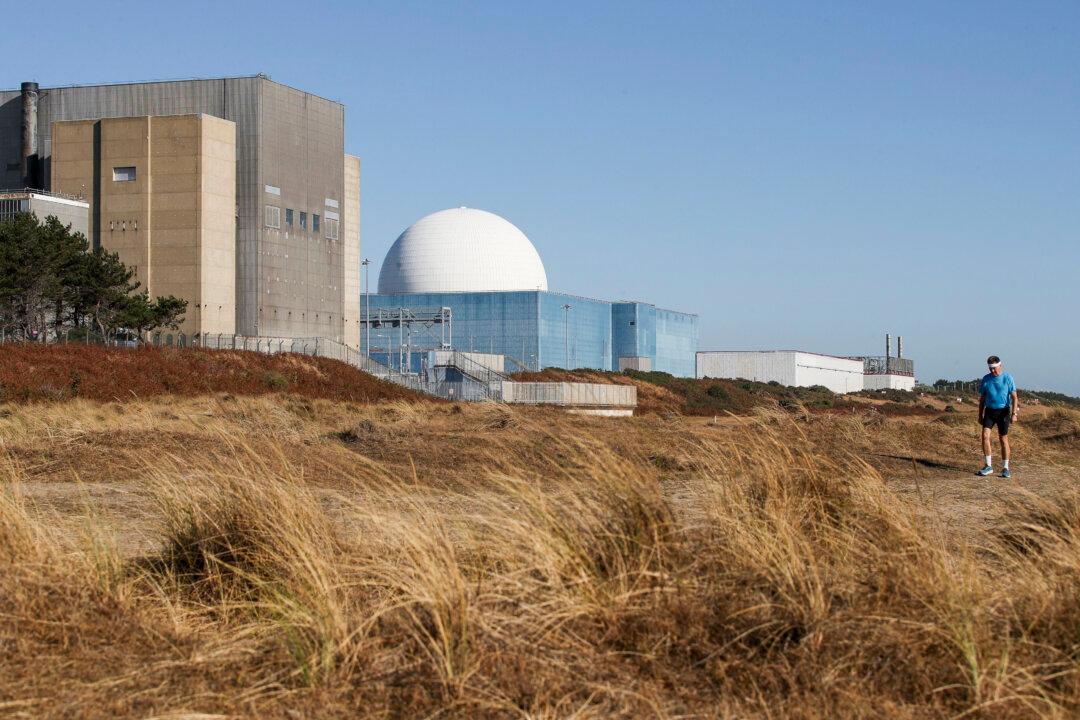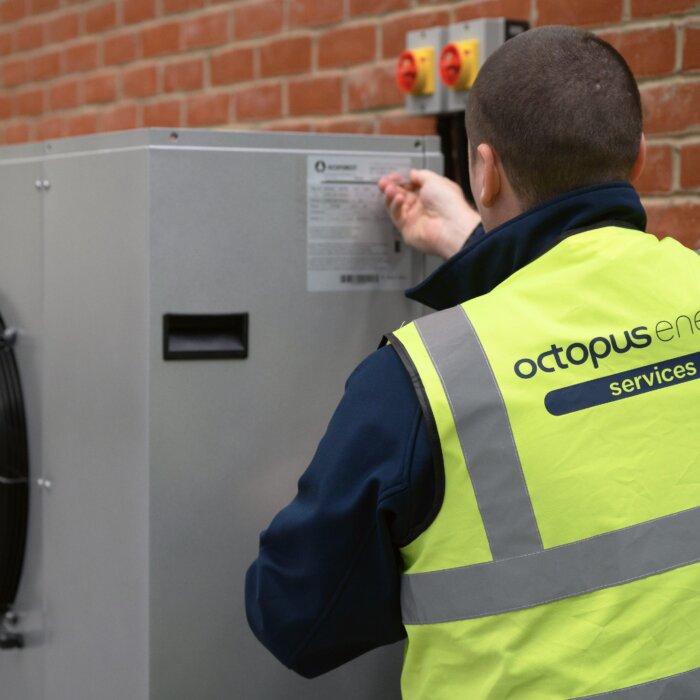The lives of four nuclear power stations will be extended beyond their original decommissioning dates in a bid to increase energy security and reduce dependence on imported gas, EDF announced.
EDF Energy, which owns the UK’s five functioning nuclear power plants, said on Wednesday that Heysham 2 in Lancashire and Torness in East Lothian will keep producing for an additional two years, to March 2030.
Heysham 1, which is also in Lancashire, and Hartlepool in Teesside will produce power until March 2027, an additional year.
The extension on the four plants, which all have advanced gas-cooled reactors (AGRs), will sustain 3,000 jobs across the country, the French company said.
Grid Stability
EDF said: “As well as bolstering energy security, the decision supports plans for the rapid expansion of renewables by helping to maintain grid stability. It also helps limit the UK’s dependence on imported gas.”The operator said that it will invest a further £1.3 billion into the five stations it operates over the next three years, on top of the £8 billion it invested since acquiring the fleet in 2009.
Secretary of State for Energy and Net Zero Ed Miliband said the energy company’s decision to extend the life of the four AGR plants “is a strong endorsement of our clean power mission.”
Miliband continued: “We can’t achieve clean power by 2030 without nuclear, which provides an all-important steady supply of homegrown clean energy.
1st New Reactor in 30 Years
The decision followed EDF’s announcement in January that it aims to keep Sizewell B in Suffolk running until 2055. Sizewell B, currently the UK’s only pressurised water reactor (PWR), was originally due for decommissioning in 2035.Also on Wednesday, the operator said that workers building the Hinkley Point C nuclear power station in Somerset had installed the first of two PWR reactors.
This is the first time in 30 years that a new reactor has been installed at a British power station, the last time being at Sizewell B in 1991.
The operator said once both reactors are up and running, Hinkley Point C will power 6 million homes.
Coal, Oil, and Automotive Industries
While Miliband hailed the progress of the UK’s nuclear fleet and the jobs it will be sustaining, fossil-fuel based industries have been impacted as a result of the green policies of successive governments.The coal, steel, oil, and automotive industries have been particularly affected, and jobs have been lost or put at risk.
However, 2,800 jobs are still at risk at the plant.
Gary Smith, leader of the GMB union, criticised the Port Talbot plans, saying at the time: “We really have to stop this decarbonisation through de-industrialisation. Serving up P45s to working-class people, hollowing out working-class communities, is not the way to decarbonise this country.”
Stellantis said that the plant, which makes light commercial vehicles and employs 1,120 people, will be closed in April 2025 as part of a move to consolidate its operations for making electric vehicles at their Ellesmere Port site in Cheshire.







